Human Biology
Human Biology explores humans and humanity from a variety of perspectives. Be at the forefront of fields from anthropology to public health, bringing an interdisciplinary approach wherever your career takes you.
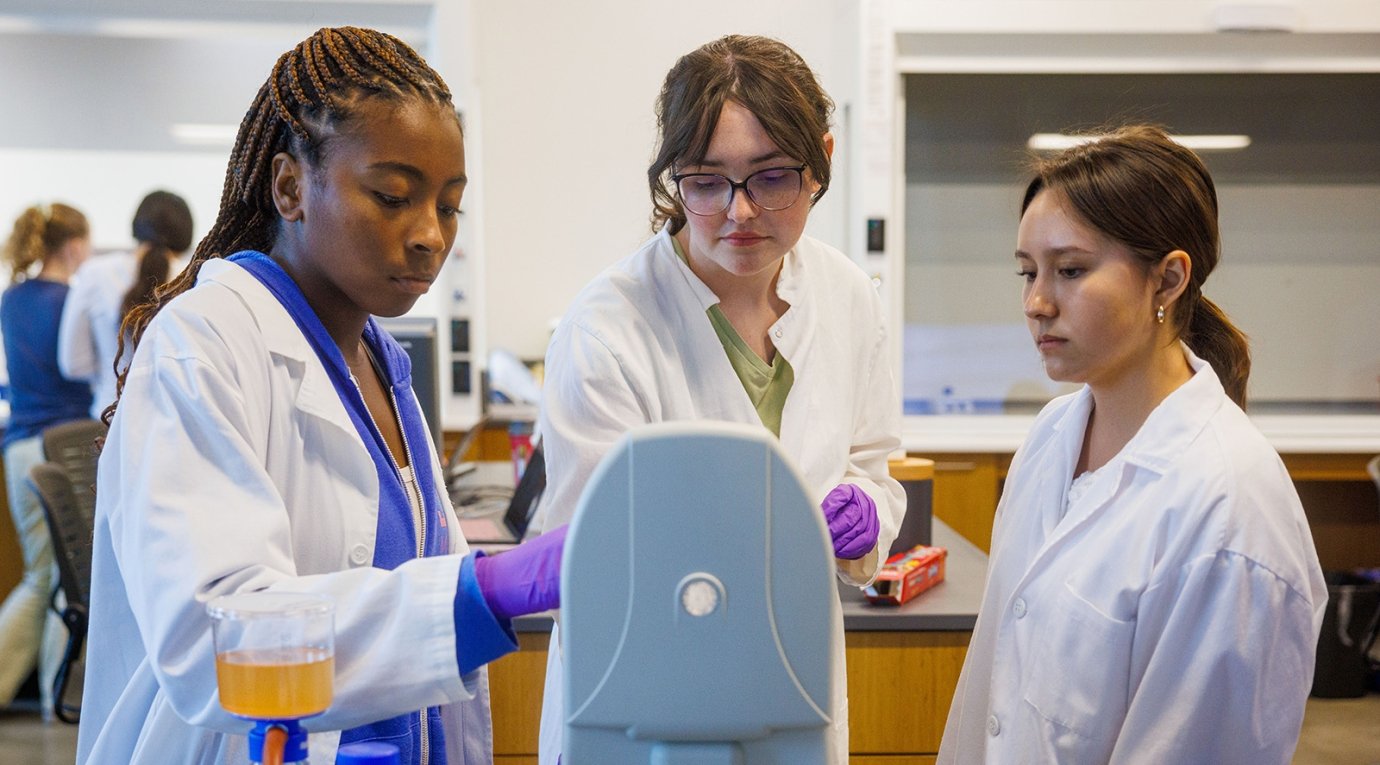
About Our Human Biology Program
- Learn how to use the tools of biology and the social sciences to explore questions about humans and humanity.
- Choose one of two tracks, focusing either on the social sciences (anthropology, sociology, and psychology) or the ways different cultures understand and apply health and healing.
- Human Biology gives you the skills to succeed in your post-Pitzer career. Bring your Pitzer perspective to the table and emerge as a leader in fields such as public health, medical anthropology, and, with additional courses, medicine.
- Take classes through the intercollegiate Department of Natural Sciences, working with world-class faculty from Pitzer and Scripps Colleges.
- Make use of labs, classrooms, offices, and even a community greenhouse in the 151,000 square-foot Nucleus, our brand-new science building.
Please note that this major does not include all of the courses required by medical schools or other pre-health programs. Students interested in pre-health programs should consult their advisor and the Department of Natural Sciences pre-health advisor early in their college career to formulate a coherent four-year plan that meets their needs.
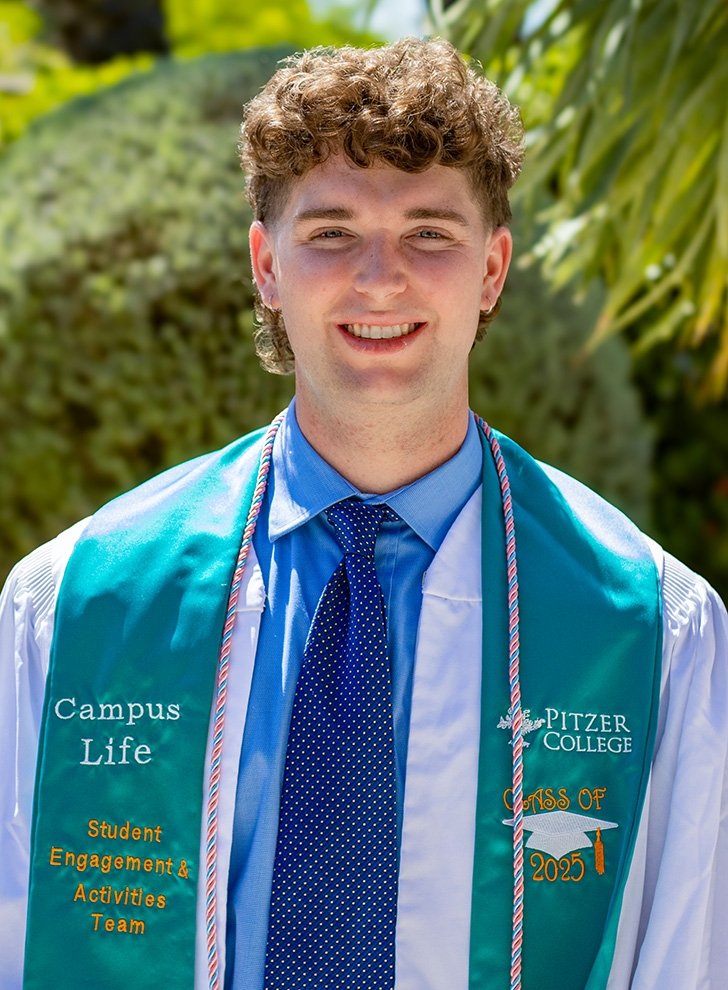
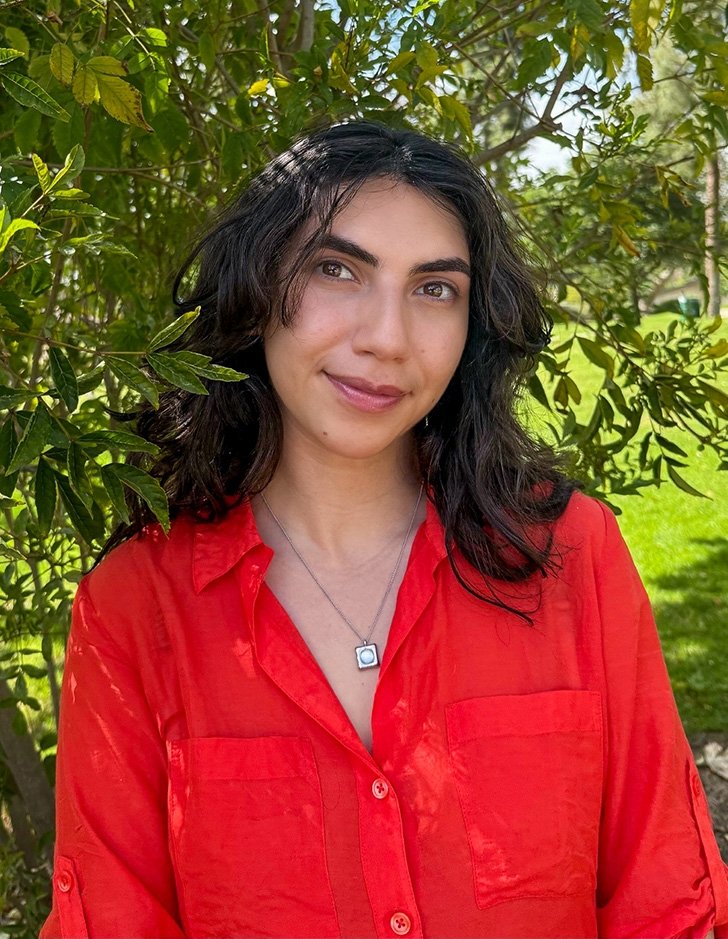

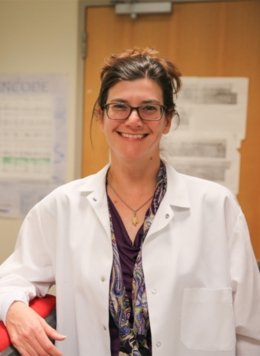
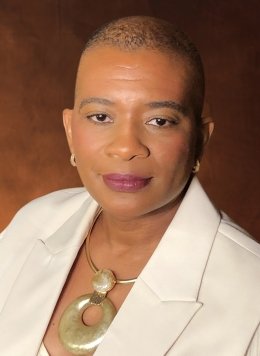


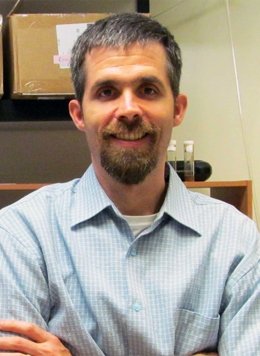
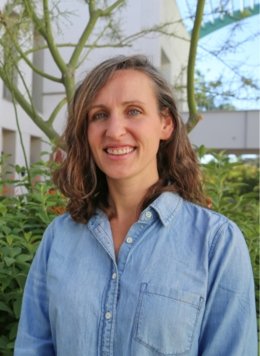
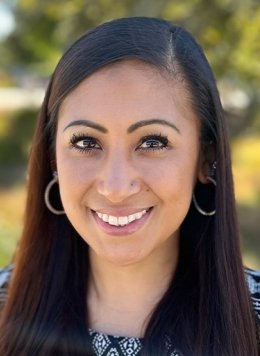
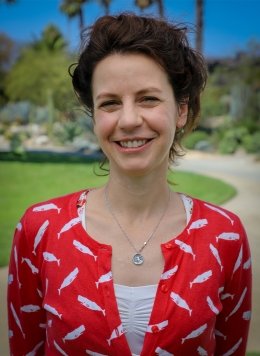

Social Responsibility
Sanya Dhama '24
she/her
Human Biology major
Read Sanya's StoryOver the past four years, Human Biology students at Pitzer have won more than $35,000 in grants for projects in areas from environmental justice to health access.